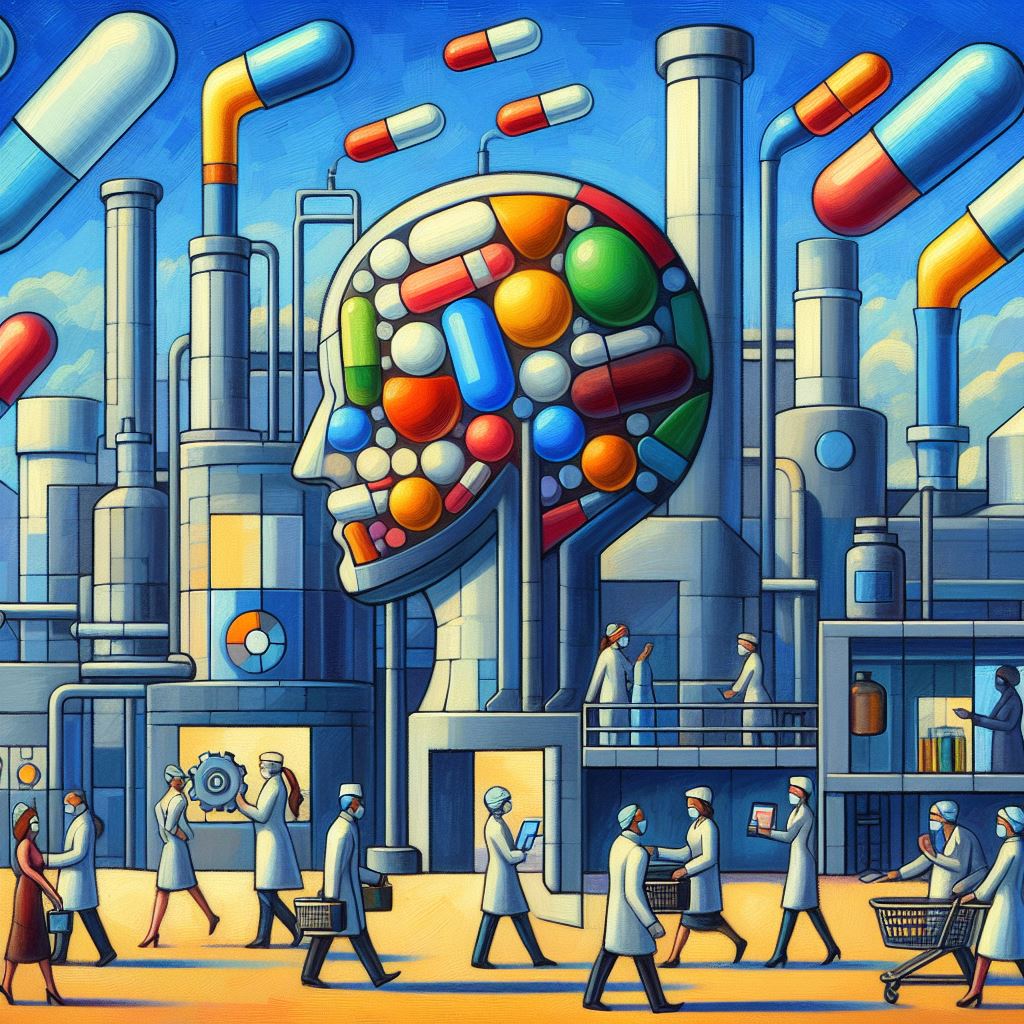
The Point of Confluence Between Information Technology and Medical Care
The healthcare industry is undergoing a paradigm shift due to the integration of machine learning strategies. These advancements are creating exciting opportunities, particularly for those in the pharmaceutical industry, such as medical information specialists. These specialists often train industry professionals and generate insights about medical affairs. Now, they can use machine learning technology to improve time efficiency and automation.
The Function of Artificial Intelligence in the Process of Streamlining Information Retrieval
The health care sector experiences significant disruption in information retrieval operations, mainly due to the use of technologies like ChatGPT. However, this model’s limitations, like its inability to verify the accuracy of the information it generates, require alternative search strategies. For instance, many people continue to use semantic search due to its precision and potential to boost efficiency.
Machine Learning in Pharmaceutical Industry
Clustering is an unsupervised technique that discovers patterns within datasets in order to build groups. It is an additional significant application of machine learning in the healthcare sector. The implementation of this strategy improves client segmentation in businesses such as banking, which enables customised marketing techniques to be implemented. The application of machine learning technology in the pharmaceutical sector has the potential to offer competitive advantages by catering to the ever-changing requirements of healthcare professionals.
Within the Pharmaceutical Industry, the Prospects for the Future of Machine Learning
The future of machine learning in the pharmaceutical industry offers even more innovation than in the present, notwithstanding the gains that have already been made. When it comes to the optimisation of procedures within the medical information function, for example, the machine learning tool known as MUFASA has demonstrated a huge amount of potential. Manufacturing companies in the pharmaceutical industry can improve their efficiency and find solutions to both new and current problems if they make investments in the ongoing development of tools such as MUFASA.
The integration of machine learning technology into clinical tasks signals a ready transition in the pharmaceutical sector. Medical affairs professionals, including pharmacists, need to expand their skill sets in areas like data science to leverage these emerging opportunities. The use of machine learning tools clearly shows potential for productivity enhancement. This promises an innovative and efficient future for the healthcare industry.
Reference url





